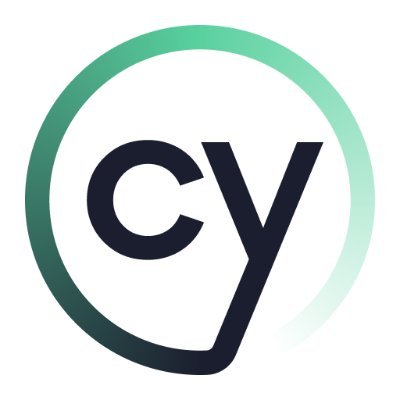Lessons from Failing Multiple Businesses: What I Learnt the Hard Way
I've had more business failures than successes, but I've come to appreciate every single one of them. Each misstep was tough, sometimes embarrassing, and always humbling—but each taught me valuable lessons I wouldn't trade for anything.
Lesson 1: Validate First, Build Second
In Hangzhou, China, my recruitment startup, HiredinChina, taught me a crucial lesson. I'd wake up at 4:30 AM, hearing locals collect cardboard outside my apartment, frantically messaging schools on WeChat whilst juggling WordPress updates, baozi breakfasts, and my kindergarten job.
Mistake: Chasing bigger, complicated ideas instead of sticking to what already worked.
Lessons learnt:
- Always validate ideas thoroughly.
- Listen to user feedback closely before scaling or adding features.
Lesson 2: Aesthetics Don't Guarantee Success
My next venture, British Names, was an elegantly designed website to help Chinese students choose authentic English names. Despite positive early signals, I soon realised polite feedback wasn't reliable.
| Mistake | Lesson Learnt |
|---|---|
| Overemphasising beautiful design | Focus on solving a genuine market need. |
| Assuming politeness = validation | Seek brutally honest feedback. |
Lesson 3: Knowing When to Move On
It's emotionally draining to shut down a project you've invested heavily in. Recognising when a venture reaches a dead end is essential.
Signs it's time to move on:
- Lack of real user interest or traction.
- Financial strain outweighing benefits.
- Persistent negative feedback with no clear solution.
Lesson 4: Financial Efficiency and Rapid MVPs
Hiring developers for unnecessary features was a costly mistake. Learning to code myself not only saved money but secured me a role with BBC iPlayer.
Financial takeaways:
- Keep costs lean by validating ideas rapidly.
- Build Minimum Viable Products (MVPs) quickly—in weeks, not months.
Lesson 5: Real-World User Testing
I've shifted away from elaborate automated tests to prioritising real user feedback. Tools like TypeScript help catch issues early, but genuine user interactions deliver critical insights.
Testing strategies:
- Emphasise user-led feedback.
- Incorporate tools like Hotjar for deeper insights.
Lesson 6: Embracing Resilience
Every setback has made me smarter, tougher, and more adaptable. I now see failure as a valuable step in my entrepreneurial journey.
Resilience tips:
- View setbacks as learning opportunities.
- Adapt quickly and use failure to refine future strategies.
Final Thoughts
If there's one piece of advice I'd give to fellow entrepreneurs, it's this:
"Failure isn't a barrier; it's a stepping stone. Learn from your setbacks, adapt quickly, and keep going. The journey is just as valuable as the destination."
My Technical Skills

AWS

JavaScript

TypeScript

React

Next.js

Cypress

Figma

